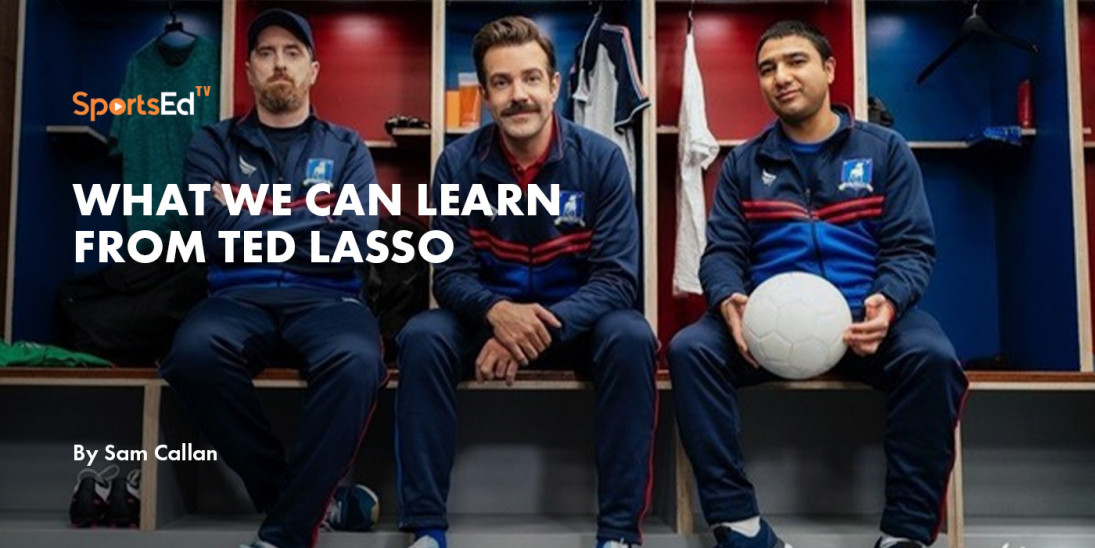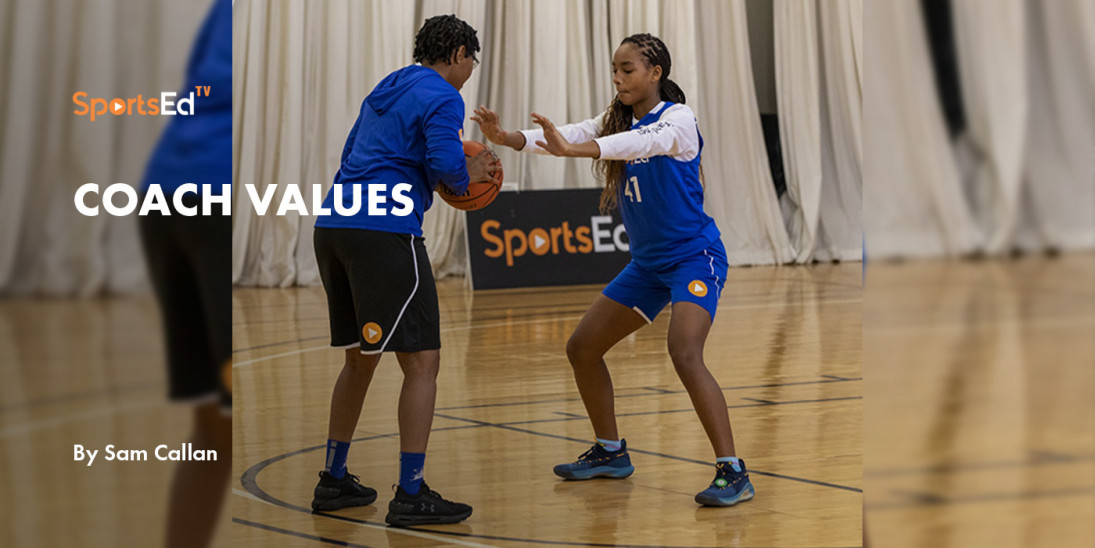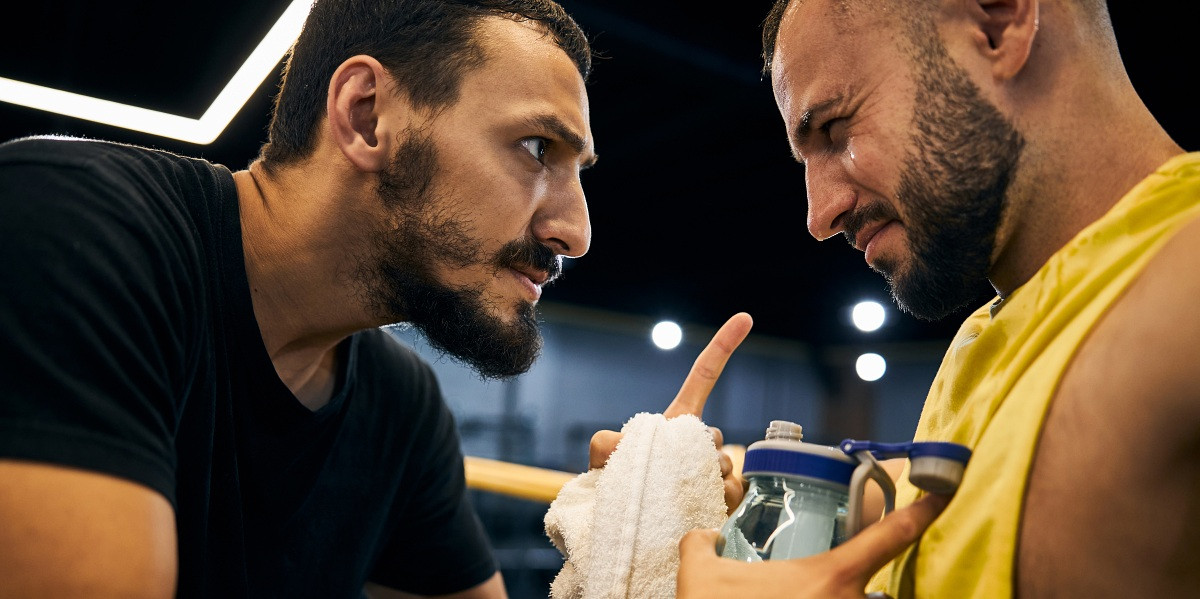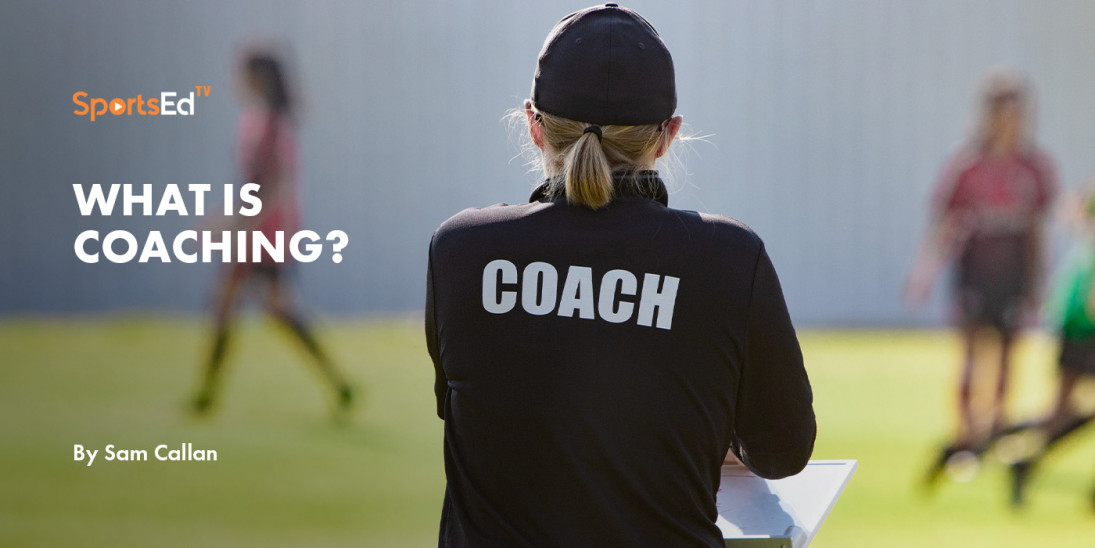Mental Health
Welcome and thanks for visiting...

Trust and Respect Lead to Winning

With the Olympics approaching we turn our eyes for a couple of weeks to some of the highest performers in the world and sometimes the coaches who work with them. A recent paper offered some insights into the psychological traits of successful coaches. Gillian Cook, PhD of Liverpool John Moore’s University was the lead author on a paper looking at differences in several psychological traits between world-leading and world-class swim coaches.
Cook, et al., defined world-leading as coaches of at least one Olympic gold medalist and world-class as coaches who trained at least one swimmer to make the Olympic team but not win a medal. The researchers surveyed the coaches on their Big Five personality traits, dark triad personality traits, and emotional intelligence.
The Big Five personality traits are:
- Openness
- Conscientiousness
- Extraversion
- Agreeableness
- Neuroticism
The dark triad includes:
- Machiavellianism
- Narcissism
- Psychopathy
Emotional intelligence includes how they manage their own emotions, how they assess emotions, and utilize emotions.
The researchers found world-leading coaches were higher on agreeableness that the world-class coaches. Agreeableness includes high levels of trust and altruism along with high levels of cooperation. Cook, et al., posit that a high level of agreeableness is beneficial in creating a climate of collaboration between the athlete and coach. Agreeableness creates a climate of trust and respect. Athletes in such a climate are less likely to devote energy to past disagreements for instance.
World-leading coaches were lower in Machiavellianism than world-class coaches. Cook, et al., describe Machiavellianism as “… individuals (who) are social chameleons who are able to form genuinely adaptive and cooperative relationships with others when it aligns with their interests, and they are effective at using pro-social tactics to attain their goals”. Manipulating people can have the negative effect of undermining trust if the athlete knows he/she is being manipulated that can weaken a relationship. Compared to the general population, world-leading coaches in this study have moderate levels of Machiavellianism.
World-leading coaches were lower in narcissism than their world-class counterparts but moderate levels relative to the general population. The positives of narcissism when it comes to coaching at this level include assertiveness, an intense desire to succeed, and a high level of confidence. Excessive narcissism that includes acting in insensitive ways and putting the coach’s needs ahead of the athlete’s needs can be detrimental to the relationship.
While all of this is well and good, how does this research help those of us who are not coaching Olympians? We would argue that looking at the traits of the coaches with the most successful athletes should get us to reflect on our own coaching behaviors. If coaches of top-level athletes can create a climate of cooperation, trust, and empathy with low levels of manipulation and coaches keeping their egos somewhat in check, then maybe that is something as coaches of younger athletes we can also do.
Cooperation can be including the athletes in the decision-making processes about practice structure and even game strategy if age appropriate. The paper supports the idea that creating an environment of trust and respect are not hindrances to high level performance and maybe are keys to it. Another finding is that putting your athletes first in terms of their needs leads to success. If athletes feel like you care about them as people and about their development, they will lay it on the line for you. If they feel manipulated or that you are more interested in getting the glory to perhaps improve your coaching resume, they may be less inclined to work hard.

If you want players to work hard for you, it might be less about yelling and screaming at them than about talking with them about themselves and building trust and respect. While many top-level coaches we see on TV may scream at players, it is likely that off field and away from the cameras the coach has spent a lot of time developing agreeableness so that the player can weather that storm. That is not to say it is necessary to scream at a player for an error, but it probably works better if you have developed that rapport with the player.
Consider how you can be more agreeable in your coaching practice to improve athletic performance.





